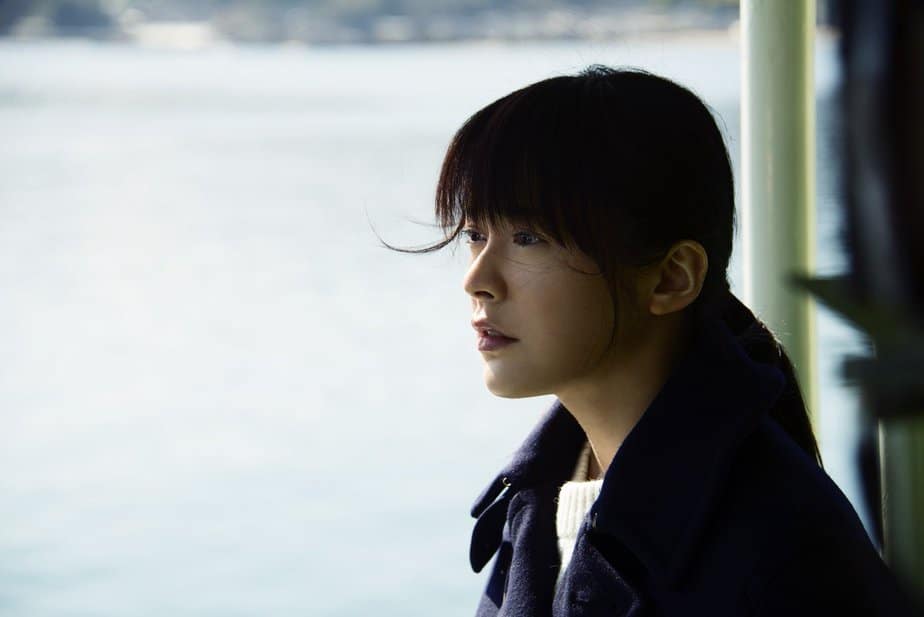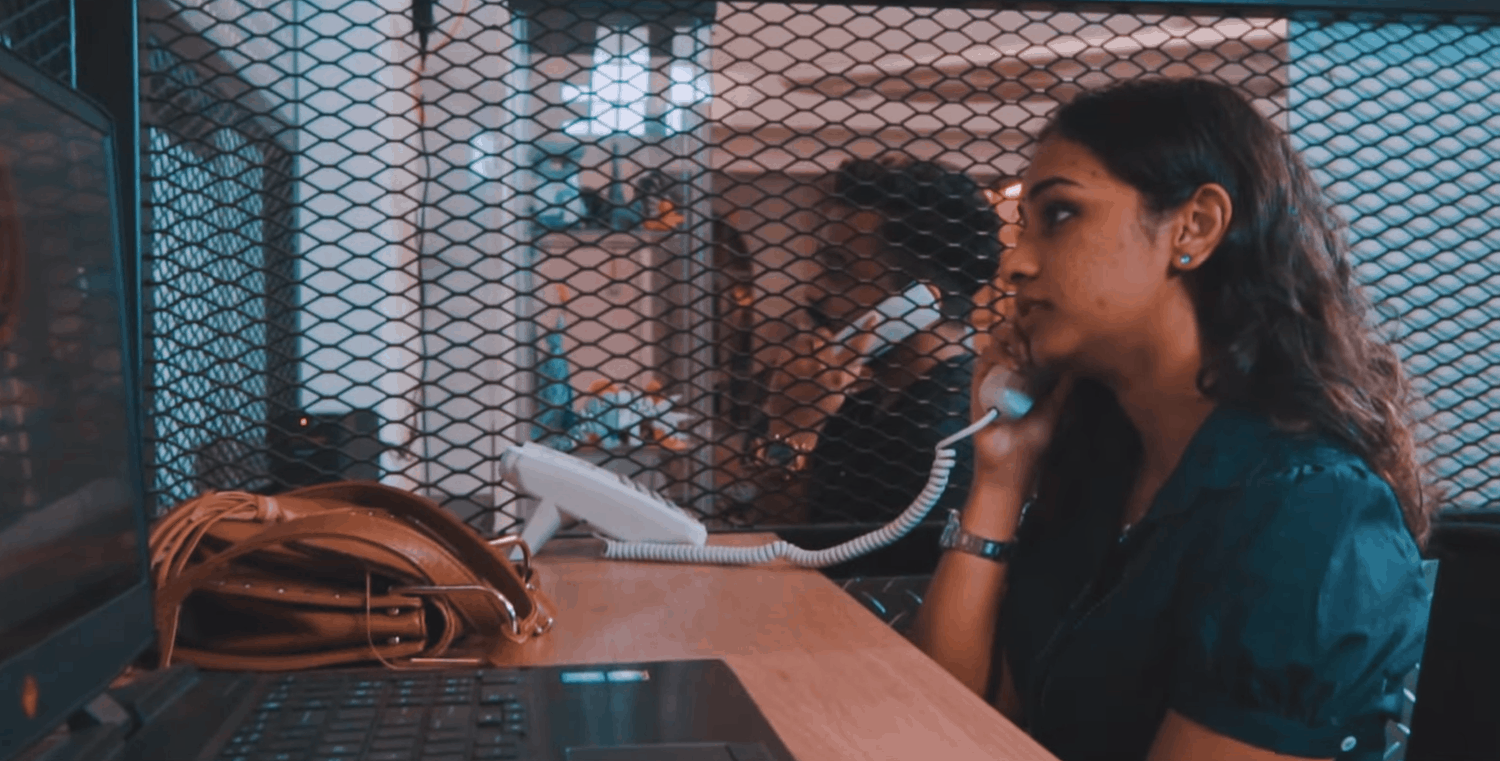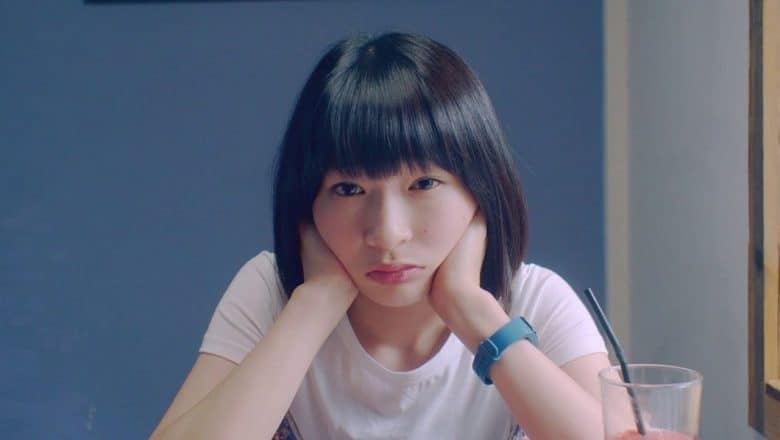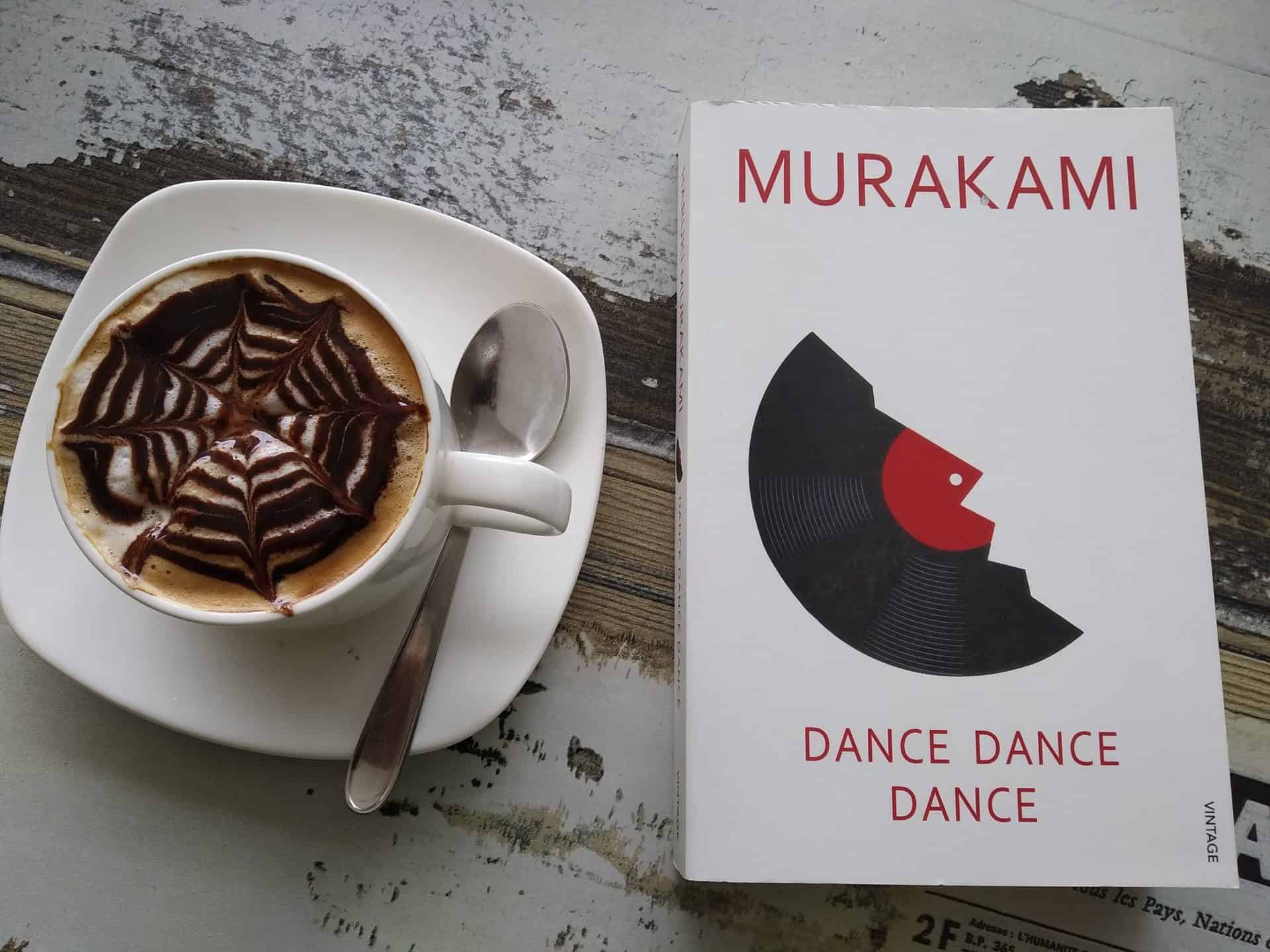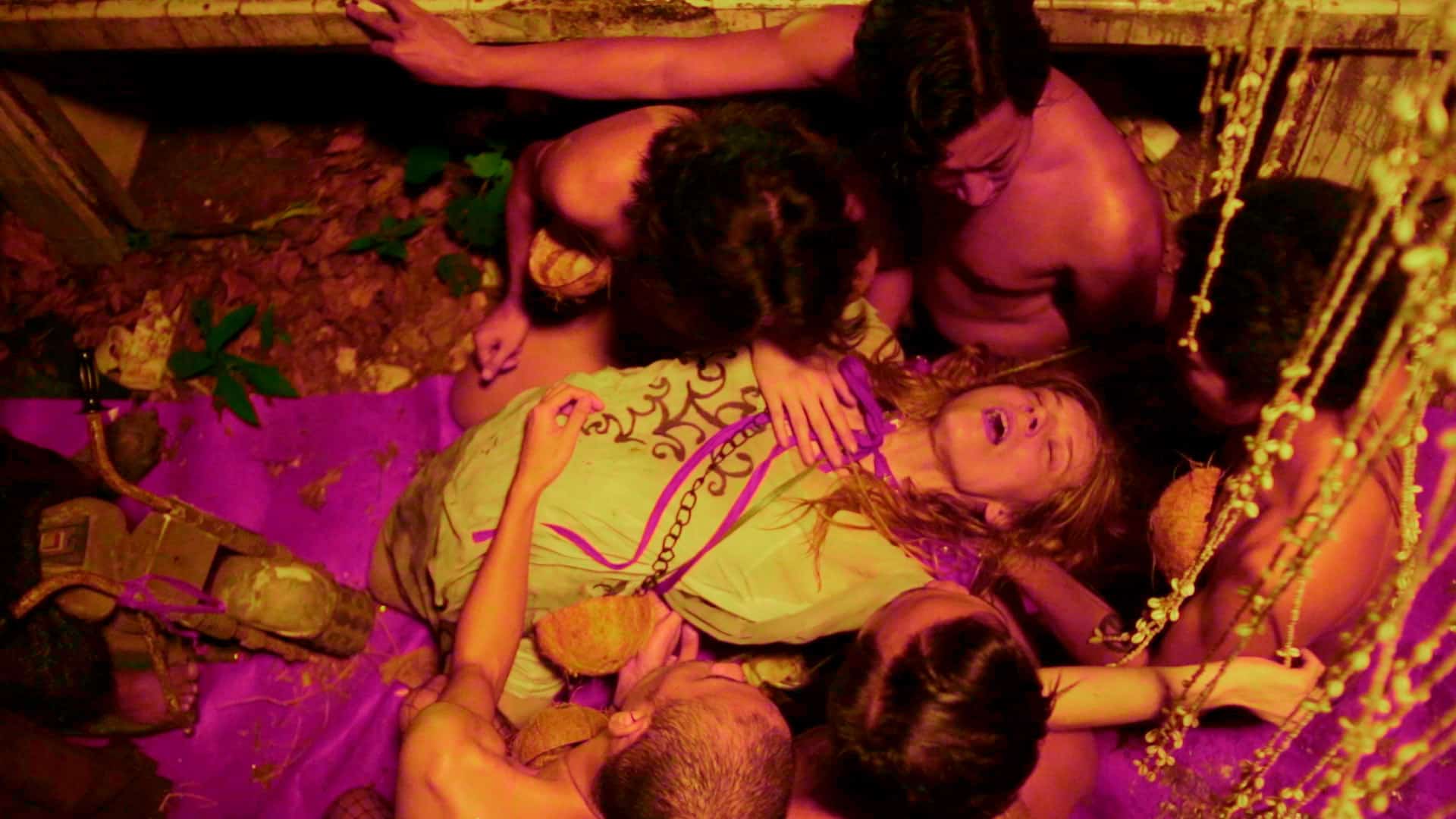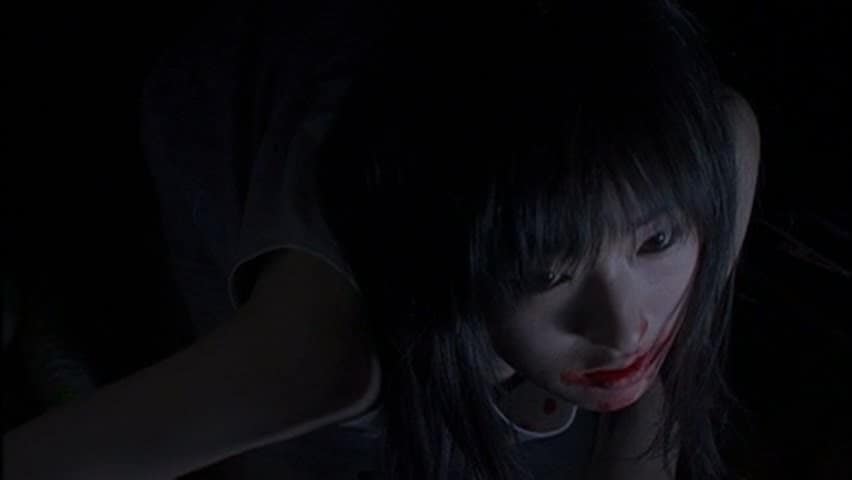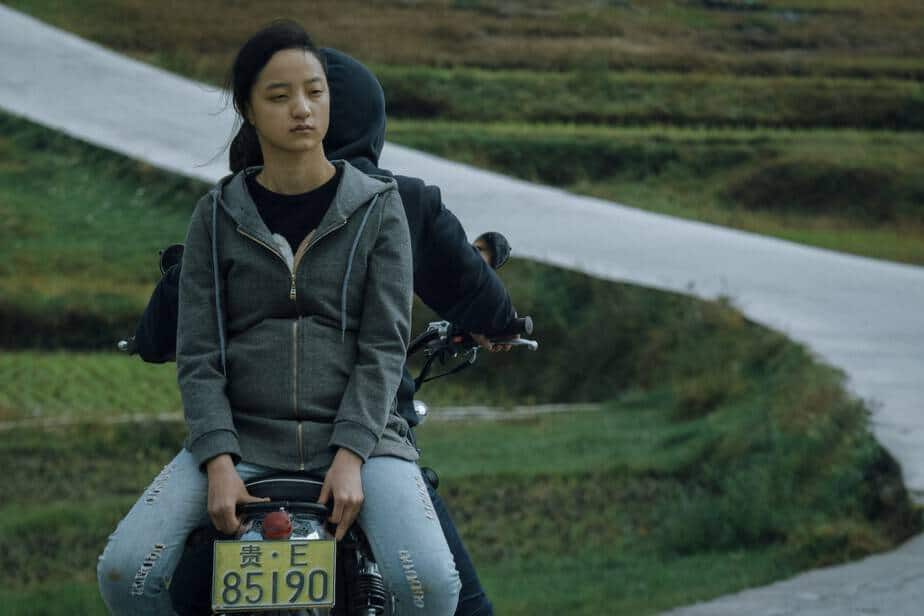Based on two of the six stories included in Kanae Minato's collection Bokyo, “Homecoming” is a distinct, Japanese family drama that tries to connect the two stories in the same narrative, through a rather interesting approach. Let us take things from the beginning though.
Homecoming is screening at Japannual Festival

The story begins with Wataru returning to his home island after 8 years, which once housed an important shipyard, as a teacher. The first person he meets there is an old acquaintance, Mutsuko, with the two of them seeming to share a past. The narrative then changes path, and focuses on Mutsuko and her past, starting with her childhood, as the granddaughter of the richest family in the island.
Her life though, was nothing but happy, since the constant arguments between her mother and her mother placed a constant tension in the house, with little Mutsuko also getting “in the line of fire.” The story revolves around Dreamland, a romantic amusement park on the main island of the area, where Mutsuko always dreamt of going, but was forbidden by her mother, who was always afraid her mother's reaction, whose obsession about their status took a significant toll on her daughter. Eventually, the tension was transferred to Mutsuko and her mother, with the former alienating her family and following her own path, which eventually, though, led her back to the island as a teacher, and a relationship with a colleague that broke her connection with her mother once for and for all. In the present, as Dreamland is about to close, mother and daughter have to face their issues.
The narrative then changes again and refocuses on Wataru, and his past issues with his father that also led him to alienate his family. Furthermore, a rather serious case of bullying in the school he is now teaching brings back his own childhood memories, and forces him to face his past.
The way Takeo Kikuchi connects the two stories is a bit strange, but the identical setting and a number of similar concepts actually help in that aspect, despite the differences between the two stories. The ideas that mainly connect the two is the past and the way people choose to perceive and deal with it, and the difficulty of family relations, particularly due to the lack of understanding usually present between children and parents. In the case of Mutsuko, this misunderstanding derives from a child who cannot understand the complicated relation between her mother and her grandmother, and particularly the reason she is forbid to chase even a simple wish, that of visiting Dreamland. The whole concept can be synopsized in two phrases, one from mother, and one from daughter. The former utters during Mutsuko's childhood: “She just does not want us to enjoy life” referring to her mother, while the latter, in the present, repeatedly asks her mother, “why are you sad”, after her grandmother's death.
The concept of Dreamland on the other hand, serves as a metaphor, for the dreams that never come true and the impact this fact has on people and their relationships.

The past and family concepts are similar in Wataru's arc, with him repeatedly failing to understand his father, particularly due to his strictness, that, in the eyes of a child, seems without a cause. In the present, however, and particularly through a conversation with an old friend who happened to be his father's student, Wataru's perception about his father changes completely.
This segment also has its own metaphor, with the shipping of the last boat of the shipyard having a number of changing meanings as more events about the story are revealed.
The second concept this arc explores is bullying in the school environment, with Kikuchi presenting it as an issue that has been lurking in the specific environment for many generations, while making distinct accusations for the role the parents and the school environment play. As in the case of the first part, though, a sense of hope is what remains in the end, with the story highlighting the role the teacher should have regarding bullying.

Yasuyuki Sasaki's cinematography is one of the film's best assets, with him portraying the many settings and the different periods that feature in the story with accuracy and realism, without neglecting to present a number of scenes of beauty, mostly of the sea. The editing follows the rules of the Japanese family drama, with the pace being relatively slow, although the many, and well-presented flashbacks give the movie a sense of speed that adds to the entertainment it offers.
The acting is also quite good with Shihori Kanjiya as Mutsuko and Shunsuke Daito as Wataru presenting two individuals full of regrets, who need to face their past but are reluctant to do it. The scene where the former “clashes” with her mother, and the final one in the latter's arc are the highlights of two measured but very strong performances. From the peripheral roles, I felt that Tae Kimura as Mutsuko's mother is the one that stands out, in a rather dramatic part, while Kikuchi also manages to get good performances from his child actors, Aoi Ito and Towa Araki.
“Homecoming” is a great sample of contemporary Japanese family drama, and a testament to Takeo Kikuchi's growing prowess. Furthermore, Kanae Minato's novels, (after “Confessions” “A Chorus of Angels”, “The Snow White Murder Case” etc) are proven to be excellent cinematic material.


